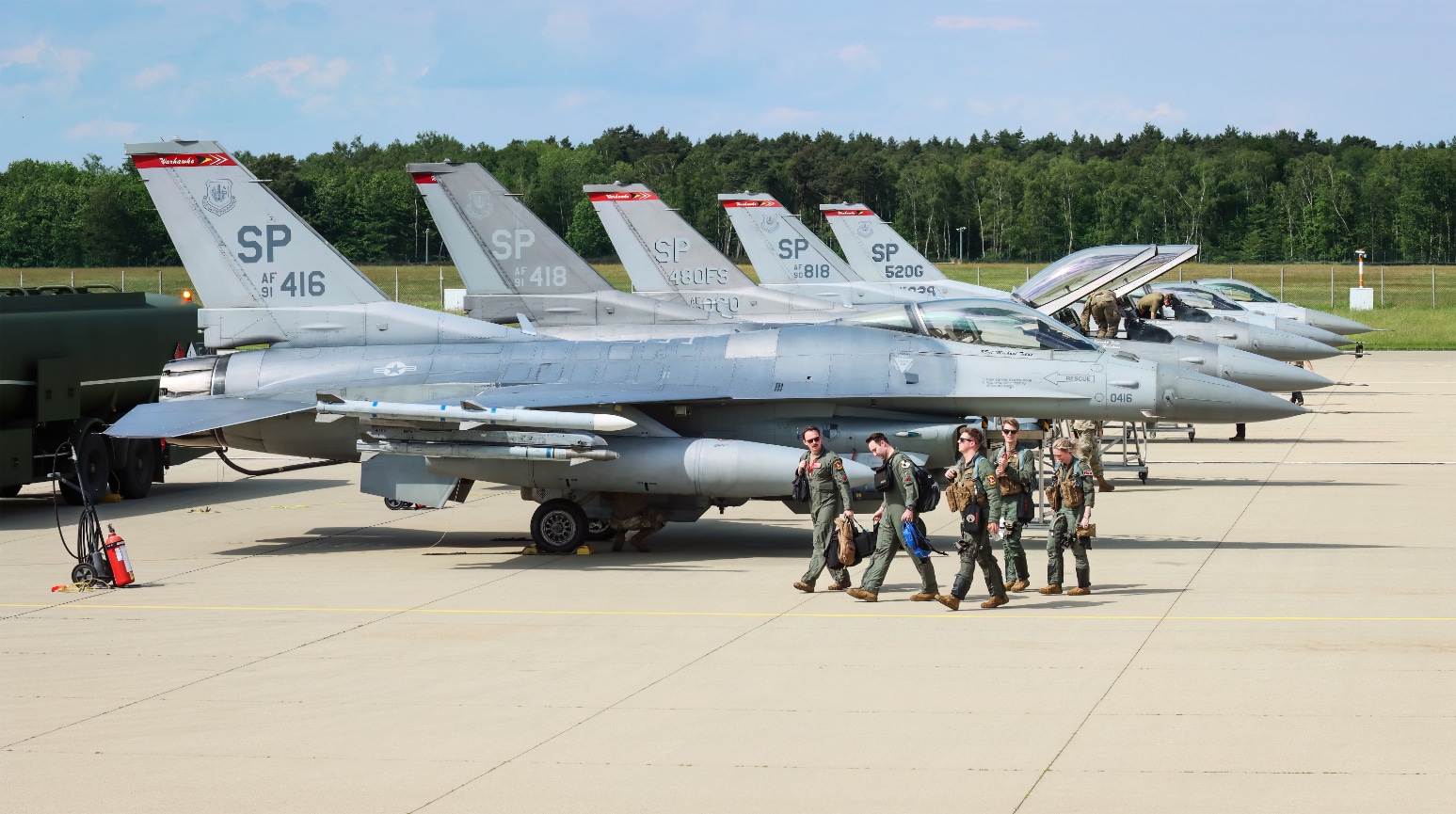The NATO air base in Geilenkirchen, Germany, temporarily heightened its security last week in response to a potential Russian sabotage threat, according to reports from German intelligence. The threat reportedly involved the possible use of drones to target the base, which houses a fleet of Boeing E-3A Airborne Warning and Control System (AWACS) aircraft equipped with advanced radar and surveillance technology.
The alert, which took place on August 22, saw the base raise its security level to “Charlie,” the second-highest tier, following intelligence that suggested preparatory actions for a likely act of sabotage by Russian operatives. In response, all non-essential personnel were sent home as a precaution, though air operations continued uninterrupted. By Friday afternoon, the security level was lowered back to “Bravo+” after no incidents were reported.
The Geilenkirchen base, located in North Rhine-Westphalia, plays a crucial role in NATO’s air surveillance, with its AWACS aircraft capable of monitoring airspace across vast areas, particularly in NATO’s eastern regions. The facility employs approximately 1,600 personnel and is integral to ongoing NATO operations, especially in light of heightened tensions with Russia following its invasion of Ukraine.
This incident at Geilenkirchen is the latest in a series of security concerns in Germany, where threats of sabotage have been on the rise. Earlier this month, the same base, along with another military installation near Cologne, was temporarily closed over concerns of potential water supply contamination, although no issues were found. Additionally, in June, Russian saboteurs reportedly targeted a Berlin metal factory owned by defense contractor Diehl, aiming to disrupt the supply of weapons and ammunition to Ukraine.
The ongoing conflict between Russia and Ukraine continues to strain relations between Moscow and NATO member states. Russian President Vladimir Putin has accused NATO of fueling the conflict by providing military aid to Ukraine, while Germany has defended Ukraine’s right to use German-supplied weapons against Russian forces, even on Russian soil.
Expanded Coverage:






